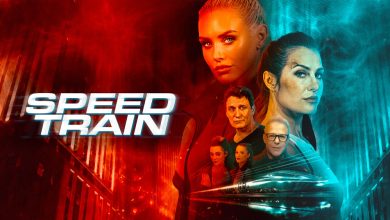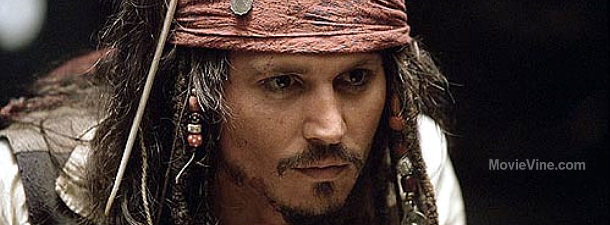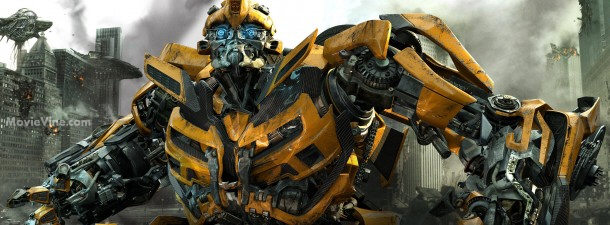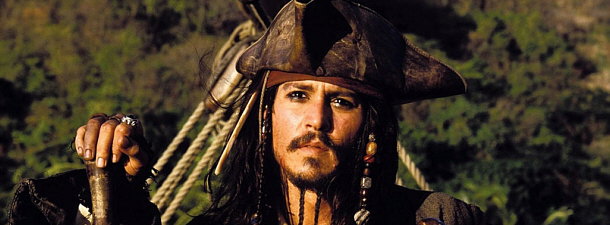In the Moment with Ben Cotton
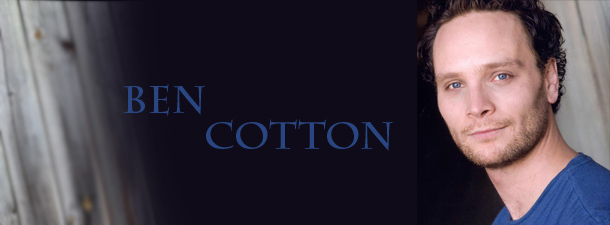
Ben Cotton has played his fair share of both good guys and bad guys over the course of his fourteen years in film and television. The way he allows the audience to discover his characters’ true intentions only after the story unfolds is what makes Ben the perfect actor for any role. Just when you think you have it all figured out he surprises you with something empathetic. Most recently Ben had audiences worldwide holding their breath with his portrayal of Pastor Mike on AMC’s The Killing. Now that season three has come to an end Ben can finally discuss his experience on the show, his approach to playing a character who may or may not be the bad guy, and his incredible luck of being cast in spite of the surmounting odds against him.
MV: Welcome to Movie Vine, Ben. Before we start I would like to take a moment to congratulate you on your recent Leo nominations for Late and In No Particular Order.
Ben: Thank you very much!
MV: To begin let’s discuss The Killing. How did you first become involved with the series?
Ben: Well, basically I went in and auditioned for it. As I went in I thought “Well, there’s no way in hell I’m going to get this..” I had a broken ankle and hopped in on crutches. A few weeks earlier, I had broken it snowboarding between shoot days for Bates Motel. (Actor do’s and don’ts 101…) I’d thrown a serious monkey wrench into director Ed Bianchi’s plans for that shoot, but he handled it incredibly well. Anyway, when I hobbled in to read for the role of Pastor Mike, I looked up and there was Ed, he was directing the first episode of season three. You should have seen the look on his face. I was SURE they’d never hire me. But they took a big chance. For the first three episodes, I still had the cast on my leg.
MV: When auditioning for a role in this type of mystery drama do you decide on a few character subtleties before walking in, or do you prefer to play off of the energy in the room?
Ben: Good question. It’s a bit of both usually. I certainly find I need to make some decisions or it doesn’t work, but I also like to keep it open so that what a reader gives you can influence you. Move you.
*For our international readers who are still waiting for The Killing season three to air this question/answer contains character spoilers.
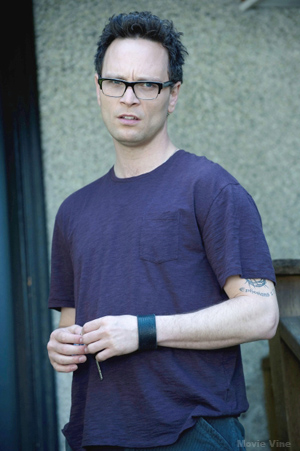
MV: Would you mind sharing how you approach characters like Pastor Mike (The Killing) and Shane (Harper’s Island) when your information is extremely limited as to where the characters and story will evolve?
Ben: Both roles were a really fun exercise in trust. There was no choice. With both roles my character becomes a red herring. With both roles I had to look at the possibility that what if I AM the bad guy. I was pretty sure with both that I WASN’T, but like you said, info was limited. Ultimately you just play what’s on the page when you get it and trust the direction you’re given even if you don’t understand where it’s going. I actually really liked working that way. With Pastor Mike I knew in the beginning about his past, so he was interesting because even though he wasn’t guilty of what Holder and Linden suspected him of, he DID have guilt.
MV: So much of The Killing takes place when it’s dark and dreary outside matching the tone of the story. How do you manage to keep the mood light on set in order to balance the heavy subject matter?
Ben: Well, that was an amazing set because there was a beautiful balance between taking the work incredibly seriously, and also just letting it go and having a laugh. The feeling I got was that everyone was so thoroughly prepared that there was no need to sit and stew and obsess about the work in the dark sense. Nobody seemed to need to wallow in the darkness. When the directors called “cut”, the tone was generally light and fun. Thank goodness.
MV: You share a lot of scenes with the street kids. When working with such young actors do you feel somewhat responsible for them as a mentor?
Ben: Yes and no. These particular young actors were hitting balls out of the park in a way that I certainly couldn’t have done at their ages. I certainly didn’t feel any need to mentor anybody, but if I had a story to tell from an experience I’d had that I thought might be of help, I told it. Mostly we just played. And really, I learned from them.
MV: You have worked in a lot of drama and sci-fi, but you also have a great sense of comedic timing. How do you manage to work comedy into characters without having to force it?
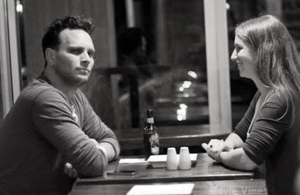
Ben: I get lucky is what it comes down to. Sometimes it’s easy to throw some sarcasm into a line when the character is struggling. It becomes funny, but I don’t know, maybe you keep it from being forced by staying true to the fact that the character IS in a struggle. You let that ground you. Maybe. Ha. I don’t know the answer really. I just do what I think will work in the moment.
MV: I think many times it’s easy for actors to fall into the trap of trying to deliver emotions. Would you talk about the importance of playing each character as real as possible?
Ben: I find when I put my focus on delivering an emotion, I fail. Every time. Mostly I think, because you’re focusing on a result. An acting result, rather than what the character is trying to accomplish. I think in the times when I’ve managed to just focus on the truth of the situation, and really understand what’s at stake for a character, any emotional needs just take care of themselves.
MV: In Marine: Homefront you breathed life into Galen who could have easily been the typical two dimensional bad guy. Do you feel that, no matter how out of the ordinary a scene might be, as long as you believe in the moment the audience will as well?
Ben: That sounds about right.
MV: Did you have to go through weapons training before filming? Those were some pretty big guns.

Ben: Our on set gun man is a guy called Rob Fournier. He’s amazing. I had worked with him and done extensive weapons training for Blood & Chrome, so that was a big help. But yes, he would run us though everything we needed to know in order to be safe and look like we knew what we were doing.
Those were some really big guns. I can’t imagine what Fournier’s garage looks like. Ha.
MV: Haha. When working on a set, like a boat which has limited space to begin with, how are you able to stay in the moment when the cast and crew are practically crawling on top of each other?
Ben: Hmmm. I’m not sure, ha. We had a lot of laughs, that I know. That boat was unbelievable.
MV: It most definitely set the mood for the story. As Coker in Battlestar Galactica: Blood & Chrome you worked with a green screen. What are some of the differences working in that type of environment where you still have some practical sets versus working on video games doing voiceover?
Ben: Well, they’re just two different mediums. Obviously in animation or in a video game, MY physicality is less important. It’s about the voice. In Blood & Chrome, anything you touched was real, so it wasn’t really different from any other set, except you couldn’t really take in your environment in the same way. It just required a little more imagination.
MV: You are quite the accomplished musician, and many of your directors take full advantage of that. How many instruments do you play?
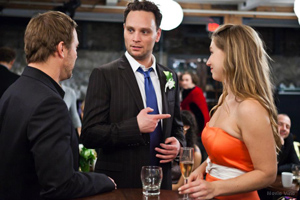
Ben: I think that’s mostly a rumour because I post a lot of music on social media. And photos of guitars, ha. When I booked Hellcats, I was terrified. Since then I’ve really gotten into it, and started to really focus on and enjoy music. At that time though, I faked my way through it. I’d been playing a guitar for a long time, but really, I’d learn my few chords and a couple songs. The folks at Hellcats would send me an mp3 and say “here’s what you’ll be playing TOMORROW”, and I would panic and just spend the night learning it. There was one episode where they were hoping to use a song that Paul Simon had written. Thank god they couldn’t get the rights. It was WAY above my skill level. I thought maybe they were just trying to call my bluff on being a musician, period. Ha. I’ve always been in love with music, probably more so than acting and especially the guitar. I also play the harmonica, and use a piano sometimes to sort out melodies. But I have yet to learn much on a piano.
MV: I believe that music gives a character an entirely different level of emotion. When Coker plays the piano in Blood & Chrome that riff fits him perfectly showing a hint of loneliness and an envy of youth. Was that something you came up with on the day?
Ben: That is all Bear McCreary! The guy’s a genius.
MV: How has music affected the way you build a character? For instance, do you listen to a specific kind of music depending on the type of person you are playing?
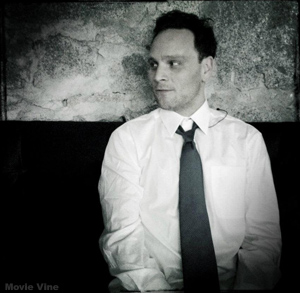
Ben: I don’t do it for every role, but sometimes I do put together a playlist for the character. Certainly in the last couple years, I’ve been playing music a lot more, which I think has made me look at rhythm in a different way than I could before. In scripts I mean.
MV: In Bates Motel your character Danny is left on the side of the road. As he sat waiting to hitch a ride what song would he be playing on his guitar?
Ben: Haha.. Maybe “Mr Cab Driver”? “Crossroads”? “Help”?
MV: Awesome answer! So would you stop to pick Danny up?
Ben: Maybe…
MV: Thanks so much for hanging out with Movie Vine, Ben.
Ben: Thank you too! Take care!
*Keep up with Ben on Twitter @bengcotton. Be sure to check out The Marine: Homefront and Battlestar: Blood & Chrome now available on VOD, DVD and Blu-ray.
